Anus Disease
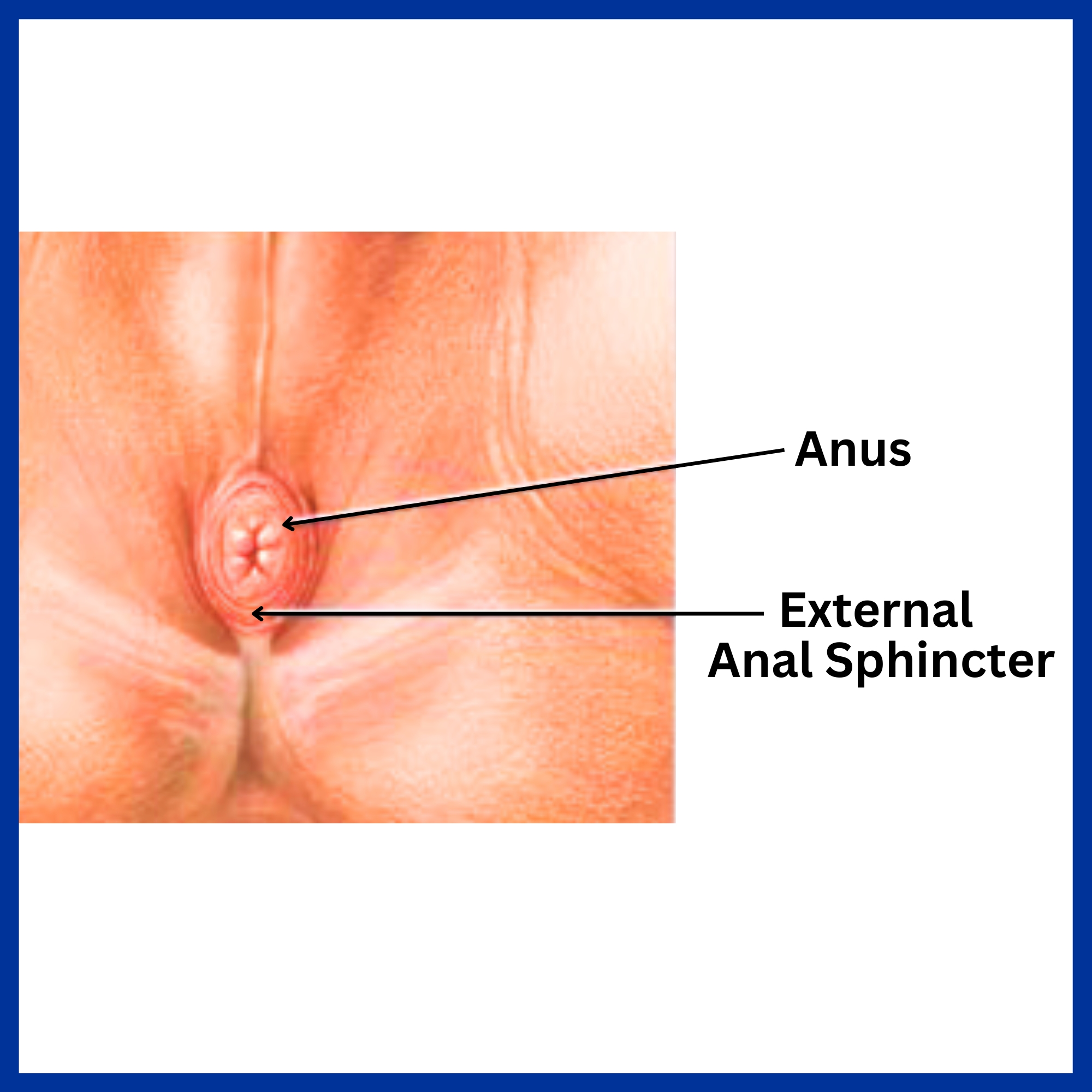
It is the external opening of rectum.
Two sphincters control the exit of feces from the body during an act of defecation, which is the primary function of the anus.
These are the internal anal sphincter and the external anal sphincter, which are circular muscles that normally maintain constriction of the orifice and which relaxes as required by normal physiological functioning.
The inner sphincter is involuntary and the outer is voluntary.
- Piles
- Fistula in ANO
- Fissure in ANO
- Fecal Incontinence
- Cancer of Anus
If you or someone you know is suffering from any of the above condition, you can consult our team of Best Gastroenterologists in India. We at Kaizen Hospital- Best Hospital in Ahmedabad provide Best Gastro Treatment in India.
Piles
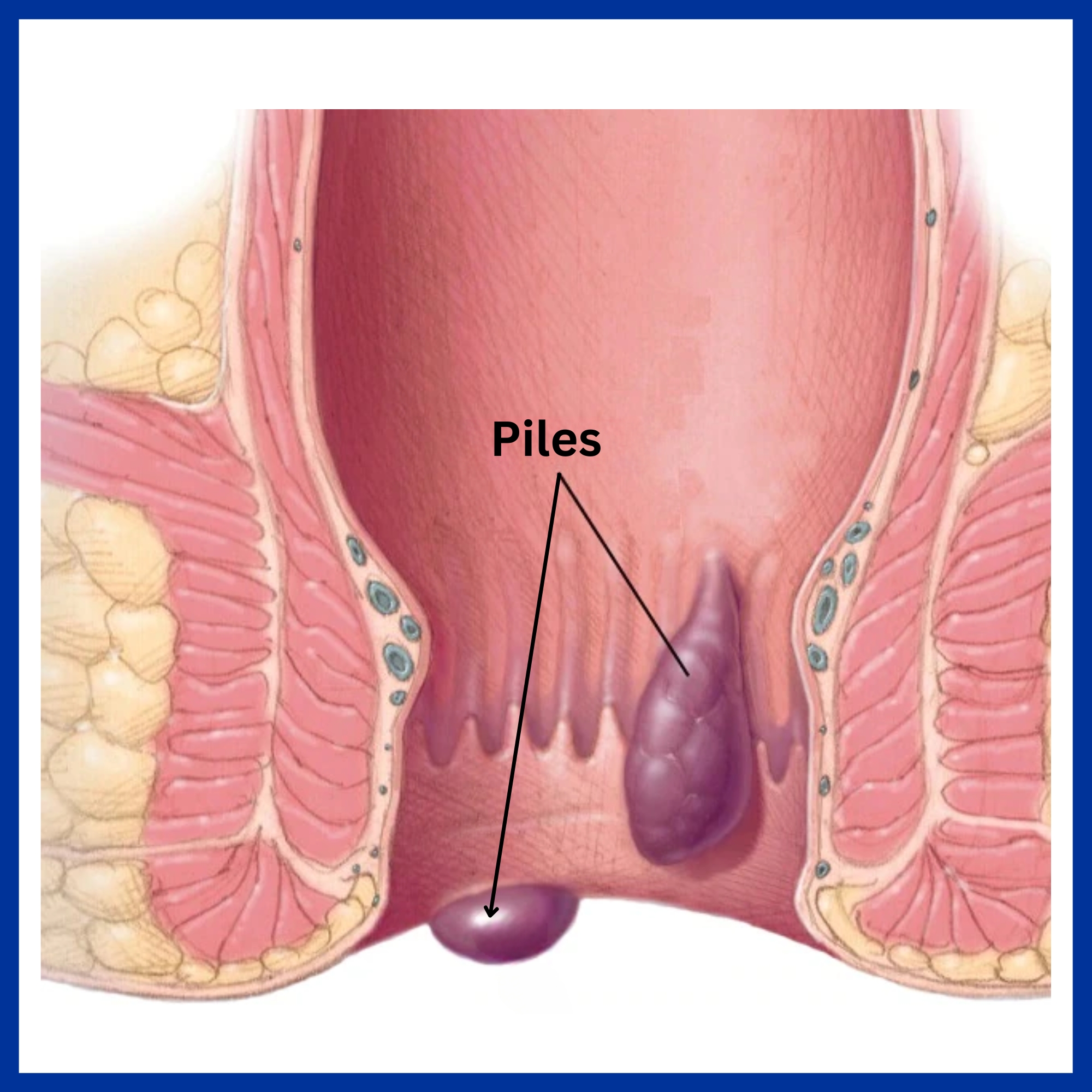
Piles is common term used for bleeding lesions in ano-rectum ( last portion of digestive system). They are actually normal anatomical structures present in anal canal, though exact function of it is not known. When subjected to increased intra abdominal pressure i.e. intra abdominal tumours, pregnancy, rectal cancer or longstanding straining i.e. long standing constipation can give rise to this disease. In liver disease the veins of ano-rectum can dilate and present similar lesions, but are not actual piles.
What are different types of Piles?
Piles can be internal or external (depending on origin lying below or above dentate line – line 2 cm above anal verge). There are some grades applied to piles depending on their protrusion from anal canal. Sometimes prolapsed piles get caught in anal ring and strangulate and present in emergency situation.
Sometimes they can bleed heavily giving rise to fresh red blood coming out per anum (Hematochezia). Most internal piles are painless and external piles are painful. But complicated piles can be painful too.
Can they arise after treatment?
Secondary piles (at other place than defined anatomical place for veins in rectum) can present after surgery for piles. They also demand treatment.
What is the treatment for piles?
Many of piles which are not presenting otherwise, found incidentally on examination of rectum for other cause can be left as such if are very small and not coming out on straining. All other forms of piles require some treatment. There are some medical treatments available which can halt and sometimes help in regression of piles, but surgical treatment is the definitive answer.
What are the options in treatment of piles?
Treatment for piles can be on office visit or sometimes when large, require formal excision (operative removal) and hospitalisation.
There are many modalities for piles treatment i.e. banding, sclerotherapy, formal operative removal, stapler guns (MIPH- Minimal invasive therapy for prolapsed haemorrhoids), use of various energy sources (infrared, ultrasonic, ligasure etc.). Except for banding and sclerotherapy generally some kind of anaesthesia is required for procedure to be carried out. Depending on your age, other risk factors, piles size, complications, previous treatment- your doctor can guide you to chose best
treatment for you. MIPH generally removes all mucosal tissue liable to give rise to secondary piles and is one of the most accepted techniques nowadays. There are many other modalities as narrated above with particular inherent advantages and disadvantages.
Fistula in ANO
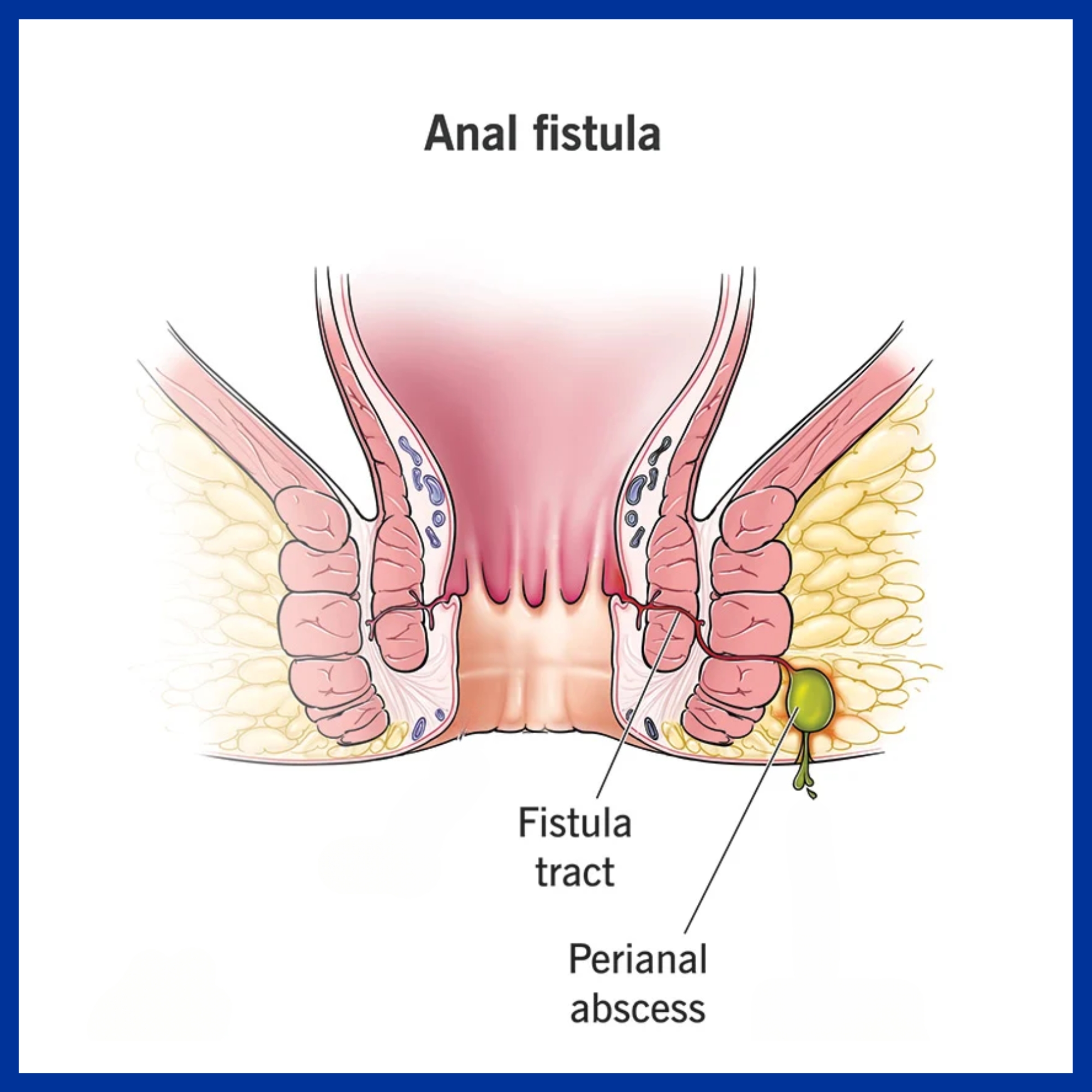
Fistula is a tract that connects two organs or two cavities or sometime one cavity/ organ and to outside of body.
What causes Fistula in ano?
Fistula in ano is common problem which follows infection and abscess over that part- which can form spontaneously after burst of abscess or after operative drainage of abscess.
Rarely it can be because of other disease i.e. Crohn’s disease, tuberculosis and malignancy.
What are the types of Fistula in ano?
Fistula in ano can be even very high, reaching the large intestine inside abdomen and pelvis, or it can be superficial. Openings on inside and outside can be single or multiple, track can be straight linear or curved and complicated.
Depending on its level and course of its tract, fistulas are classified by doctors in to intersphincteric (between two muscle plane), trans-sphincteric (crossing muscles of continence), extra-sphincteric and complicated.
What are the symptoms of Fistula in ano?
Symptoms can be simple painful perianal condition to frank pus discharge and appearance of outer opening. Sometimes it can become cause for florid sepsis. When it connects urinary bladder to bowel, it can cause recurrent urinary tract infections, presence of gas and stools in urine etc. If it connects bowel to vagina, it can cause feces coming out per vaginum.
Does it require any investigation to diagnose Fistula in ano?
Diagnosis can be made on clinical examination but for identification of its type and extent it requires investigations in form of some imaging i.e. Trans rectal ultrasound , MRI etc.
What is the treatment of Fistula in ano?
There are no medical management options available which can satisfactorily heal fistula. It needs some procedure to cure it. As inappropriate method will be accompanied by early or late recurrence of condition and can be very frustrating to patient and doctor both.
What are the surgical options for treatment of Fistula in ano?
Simple division of fistula tract or excision of whole of its track is good option for low and uncomplicated fistulas. Complicated fistulas require complex surgery. Sometimes it requires diversion of feces through surgically made intestinal opening on abdominal wall (colostomy or ileostomy). There are other surgical options available nowadays which with help of advanced technology of endoscopes can treat fistula with lesser degree of invasiveness.
Fissure in ANO
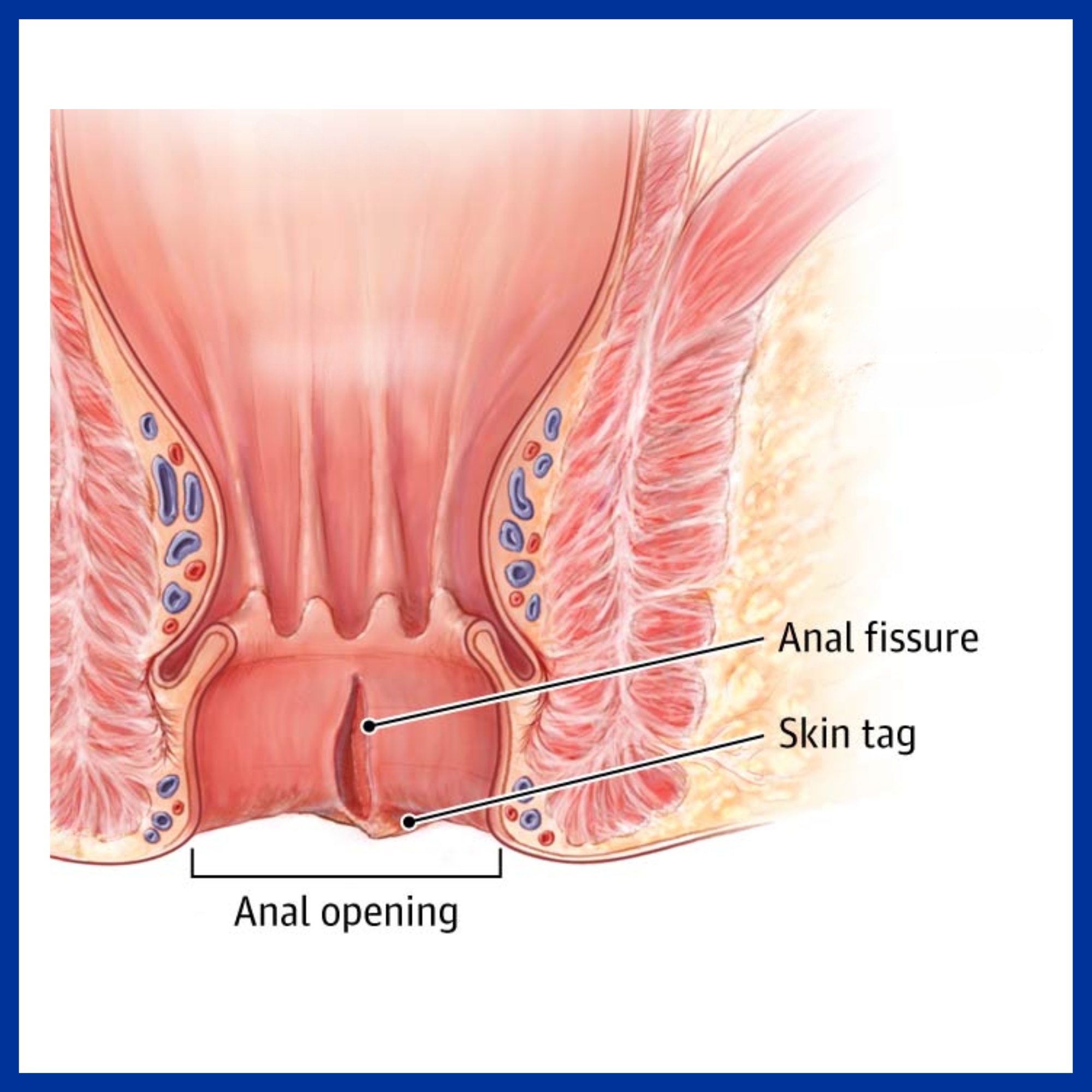
Fissure is acquired linear wound (tear or cut) along the longitudinal axis of anal canal (last portion of digestive tract).
What causes Fissure?
Most of the times it is because of constipation, straining at stools and passing very hard stool etc. Rarely, it can be because of some other intestinal disease or trauma.
What are the types of Fissure?
It can be either acute ( presenting very early and very painful condition) or chronic (staying longer as healing is disturbed).
Why does a Fissure need treatment?
Because of pain, muscles surrounding anus go into spasmodic contraction. This causes further decrease in blood reaching anus, which caused further delay in healing. So to break this cycle, spasm of muscles must be relieved.This can be achieved with either medical treatment (some ointments, bath in hot tub, fibres and avoiding constipation) or when this has failed with surgical division of muscles.
What are the surgical options for treatment of fissure?
To divide muscles is a tricky operation, as we want to preserve their function (ability to hold stool) also. Surgical division of muscles is at single place and controlled by surgeon to avoid excessive tearing of muscles. This too can be done by closed or open method. In closed method there is very small opening made with knife point only over anal skin.
Chronic non healing fissures can be treated by form of a plastic reconstructive surgery, to provide adequate blood supply to healing part. Treatment options can be discussed with your doctor and best treatment can be selected for you.
Cancer of Anus
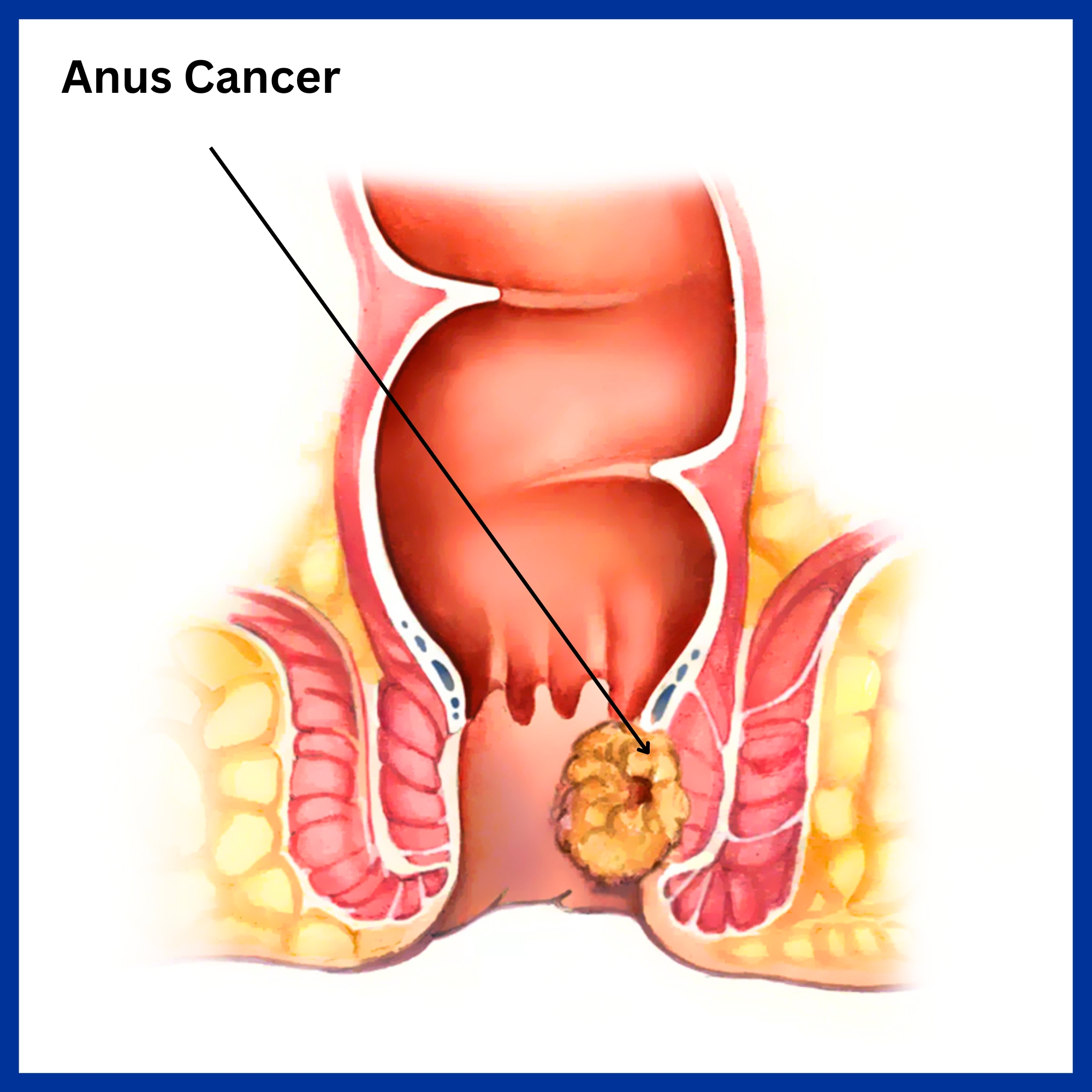
pain or pressure in the anus or rectum, a change in bowel habits, a lump near the anus, rectal bleeding, itching or discharge. Bleeding may be severe
Risk factors
- Human papillomavirus
- Multiple sexual partners
- Smoking
- Immunosuppression
- Benign anal lesions
- Perianal pain
- Perianal itching
- Unusual discharges from the anus
- Change in bowel habits
- Lump near the anus
Diagnosis of Cancer of Anus
- Digital rectal examination
- Proctoscopy
- Colonoscopy
- EUS with biopsy
- CT Scan
- MRI
- PET Scan
- Chemotherapy and Radiation
- Surgery
HOSPITAL ADDRESS
132ft. Ring Road, Helmet Circle, Memnagar, Ahmedabad – 380052. Gujarat, India.
EMERGENCY( 24X7 )
Mobile: +91 – 99047 44410
Help Line : +91 – 98244 40044
+91 – 79 – 2791 4444
E-MAIL ADDRESS
contact@kaizenhospital.com
WHY KAIZEN ?
With a vision to extend World Class healthcare solutions to the community through advances in medical technology, medical research and by adopting best man power management practices , Kaizen hospital was established in Ahmedabad in 2011.

